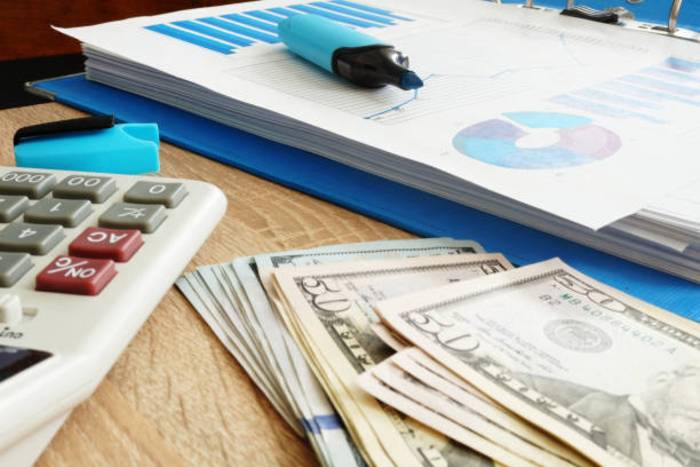 Almost 15 million people are self-employed in the US. If you are one of them, you may have realized that traditional financial advice does not always work for you when you are working on your own. You cannot guarantee to earn the same amount each month, for instance, and that can make budgeting and managing your finances more difficult.
Almost 15 million people are self-employed in the US. If you are one of them, you may have realized that traditional financial advice does not always work for you when you are working on your own. You cannot guarantee to earn the same amount each month, for instance, and that can make budgeting and managing your finances more difficult.
You have to deal with your living expenses, your taxes and investing for your retirement.
Taxes First
The mistake many self-employed people make is to put paying their taxes at the bottom of the pile, when in fact, it should be at the top. Whatever you earn each month, put as about 35% aside for the tax, and save that in a separate account. You have to estimate how much you will owe each quarter and if you do not pay it when you should, you will incur interest and penalties. This makes paying the IRS even worse, so do not fall into this trap.
You should also ensure that whatever returns need to be sent to the taxman is dealt with on time, as this is another reason they will penalize you for being late. The easy way is to do this over the Internet, but if you do not understand how to file taxes online, there are services designed to help you. They’ll make things even easier for you too.
If you have saved this amount, any business expenses will reduce the amount you owe. This will mean you have enough to meet your tax liabilities and some left as a bonus.
Calculate Your Basic Expenses
You might not be able to predict what your monthly earnings will be but you can calculate your monthly outgoings. If you are earning consistently go above this after you have put your taxes to one side, start to build up some money in a reserve account in case you have a slack period and do not earn enough for a couple of months. If you consistently fail to reach the amount you need, you are not making enough and need to consider what changes you can make or find yourself a job.
Tackle Debts
Being self-employed can be a bit of a rollercoaster financially, and the less debt you have the better. Once you have saved three months living costs, start to use some of any extra money you earn to rid yourself of debt. Working for yourself can be far more satisfying than being employed by other people, but you do need to manage your money if you want to avoid financial disaster.
Consider Other Financial Goals
Now you have your taxes sorted, your basic living expenses covered and cleared all your debts, what should be the next step? That depends what age you are and what other goals you have in life. If you have no retirement plan, that should be a priority. If you are going to be sending children to college, perhaps you should be saving for that. Only you can decide what needs to come next but just keep to the other steps first so that your finances to not cause you any stress.